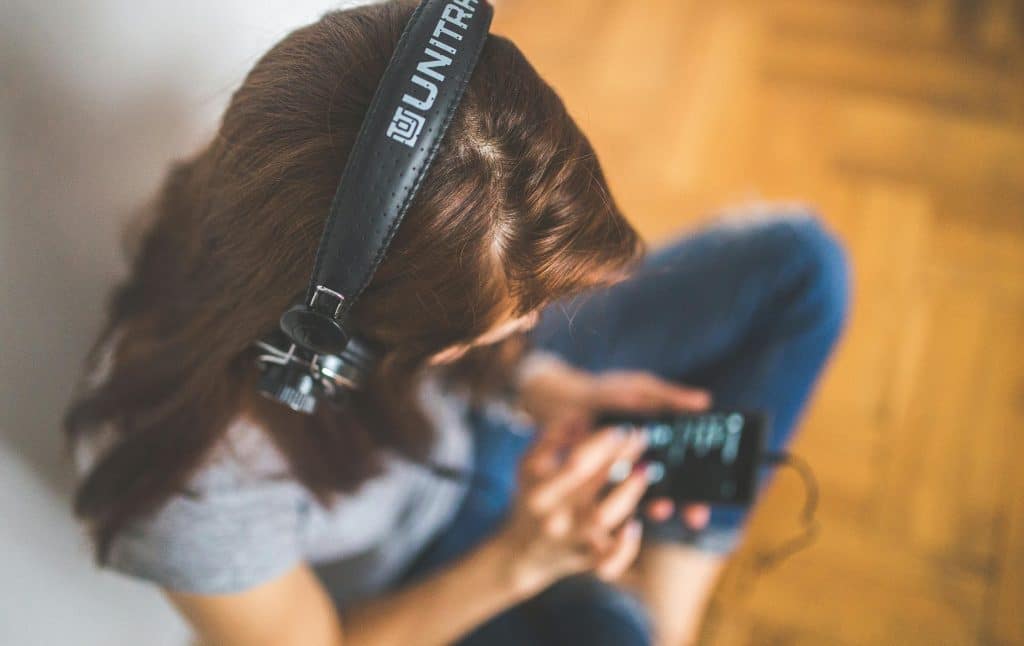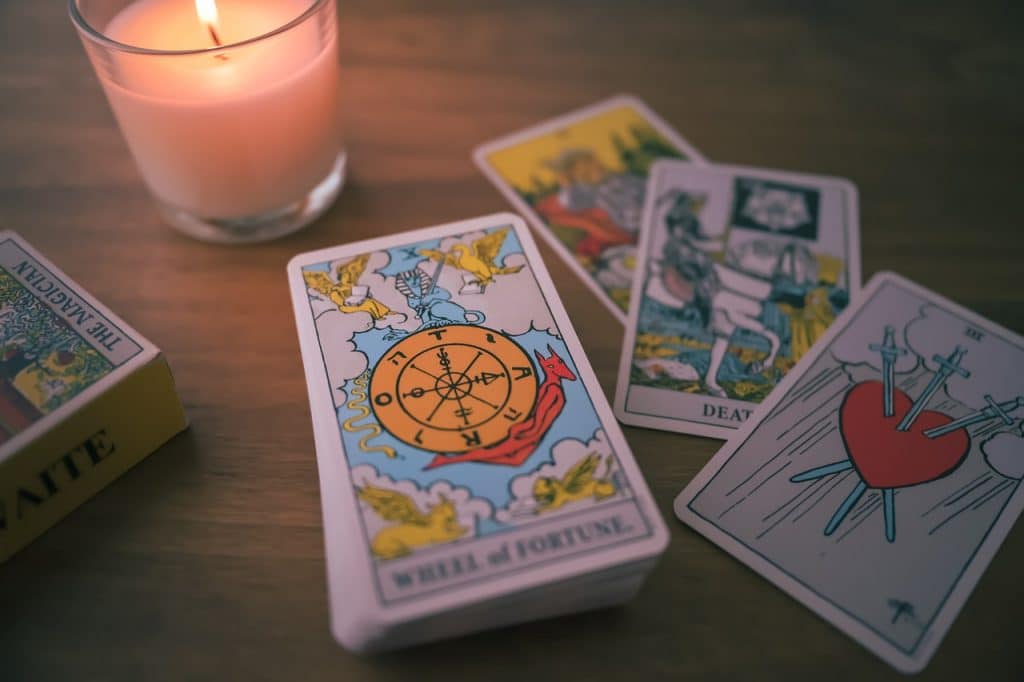You don’t have to look very far these days to find affirmations designed to sell you the idea that through positive thought alone, you too could lead a fulfilled life if you just learned to get a grip – as though the sole author of your personal happiness is you.
Not happy? Not fulfilled? Have you tried following this CEO guru’s 5am smoothie, supplement, and loneliness regime? Have you tried this mushroom coffee? Have you tried this CBD facemask that will make your deepest, darkest fears (and crows feet) go away? 96% of 11 people would recommend it.
Statistics show that in 2023/24 alone, 3.1 million people in the UK reported that they often feel lonely, while 776,000 UK workers reported experiencing work-related stress, depression or anxiety. When so many people are struggling, in a country where day-to-day life is made harder by increased cost of living and the scarcity of affordable housing, is it so surprising that people turn to whatever methods are most likely to provide the reassurance they need that everything is going to be okay?
Welcome, then, to the new age of the new age – AI Astrology. Astrology and other forms of divination have long been a subject of interest for people seeking reassurance that everything is going to be alright in the end. However, in recent years, horoscopes have experienced something of an upgrade and resurgence, driven by algorithmically powered apps like Co–Star, The Pattern, and AstroSage AI. All boast millions of active users, particularly among younger generations, drawn by promises of the ability to “hack” your life to achieve your goals through highly personalised mystical insights into your personality, relationships, and future.

Astrology’s transformation from mystical charts and columns in the back of tabloids to sleek apps has been remarkable, if not (somewhat ironically) predictable. While astrologers once drew their charts by hand, modern platforms now promise precision through algorithms trained on NASA data (Co-Star’s website claims they’re ‘hacking tech, culture and consciousness to build new practices for reflection and collectivity’, whatever that means.)
The Pattern and Sanctuary offer behavioural astrology (a fancy way of saying birth charts), as well as in-app virtual interactions, which create immersive-feeling, personalised experiences (which are, of course, anything but personalised). Apps like Nebula and AstroSage AI blends traditional astrological approaches with AI-driven interfaces, further enhancing their appeal by offering mystical traditions with a new age sciencey-sounding edge to them. But The Pattern avoids traditional astrology jargon, instead describing “patterns” of emotional behaviour or relationships identified via algorithmic analysis of birth data and personality assessments. Or, as you might know it, astrology.
Why they work
This presentation of astrology is appealing, because it offers reassurance at your fingertips from wherever you left your phone. It’s a total vibe. However, beneath the polished veneer of technological sophistication lies an ancient, unscientific and very basic practice that uses vague or universally applicable statements that foster a sense of accuracy and personal relevance in their interpretations.
The tool of trade for any astrologer, psychic, fortune teller, or writer of personality tests, the Forer Effect is a commonly experienced psychological phenomenon where people perceive generic, broad statements as uniquely meaningful to themselves. Astrology in all forms capitalises heavily on this cognitive bias, and the latest apps are no different. The effect is a powerful illusion of accuracy and personalisation, prompting users to attribute credibility to the predictions, which fuels app loyalty and repeated usage.
At first glance it sounds complicatedly mystical; AI astrology apps deliver personalised and profound insights to subscribers through the use of predictive algorithms. The apps gather user data including birth dates, times, and locations, to generate birth charts and daily predictions.
Yet, despite the technological complexity involved (which, frankly, seems like choosing the difficult way to read horoscopes) the output remains fundamentally vague, ensuring widespread accuracy. I have long used tarot cards and tasseography to provide my friends and family with ridiculous, clearly made-up predictions about their lives and futures, based on the experiences I’ve had while checking out dozens of psychic fairs over the years. It’s relatively easy to cold read people, because Forer statements are easy to use when you know how.

The difference is that while Marc or Lou might offer card readings for a tenner at your local community centre on a Saturday morning, they will never have the presence, marketing or reach of these apps. But despite their complex algorithms and sophisticated graphics that offer further illusion of scientific rigor, the underlying process remains as arbitrary as the standard astrological practices being flogged elsewhere.
Ultimately, the effectiveness of astrology apps relies heavily on cognitive biases like confirmation bias, and the human desire for meaning. Consumers of astrology and other forms of divination often subconsciously search for confirmation of pre-existing beliefs about themselves, readily accepting vague predictions as deeply personal insights. This is no different.
Moreover, emotional engagement drives reliance on such platforms – those who find comfort in daily affirmations, reassuring messages, and profound-sounding insights into the challenges they face in life will keep coming back for more and will share the apps with their friends and followers. Download today and you could hack your future – again and again.
Why it matters
As a result, astrology apps and their addictive quality isn’t anything profound; it’s a psychological mechanism embedded within algorithm-driven content designed to keep people coming back, to ensure the app turns a profit. And here’s the crux of why this matters: the growing dependence on astrology apps raises concerns for the users, who increasingly base crucial decisions in their lives on the algorithm-generated horoscopes they receive; from career moves and relationship commitments, to financial investments and more.
While astrology apps have cleverly adapted ancient practices for the digital age, the use of algorithmic predictions to create illusions of accuracy through cognitive biases remains fundamentally pseudoscientific. Users and developers alike should recognise that, despite technological advancements, astrology’s core methodology – rooted in techniques like the Forer Effect, and underscored by an increasingly unsure and unhappy population – remains unchanged.
Developers have an ethical responsibility to clarify that these apps are entertainment, rather than scientifically validated advisory tools, and skeptics need to actively highlight this distinction, promoting media literacy and critical thinking. Encouraging skepticism about the scientific legitimacy of algorithmic astrology protects consumers from potential harm resulting from misplaced trust in pseudoscientific practices.
You do not have to look far to see how being offered vague messages about your life by an algorithm has potential to cause harm. All things considered, maybe we should have seen it coming?



